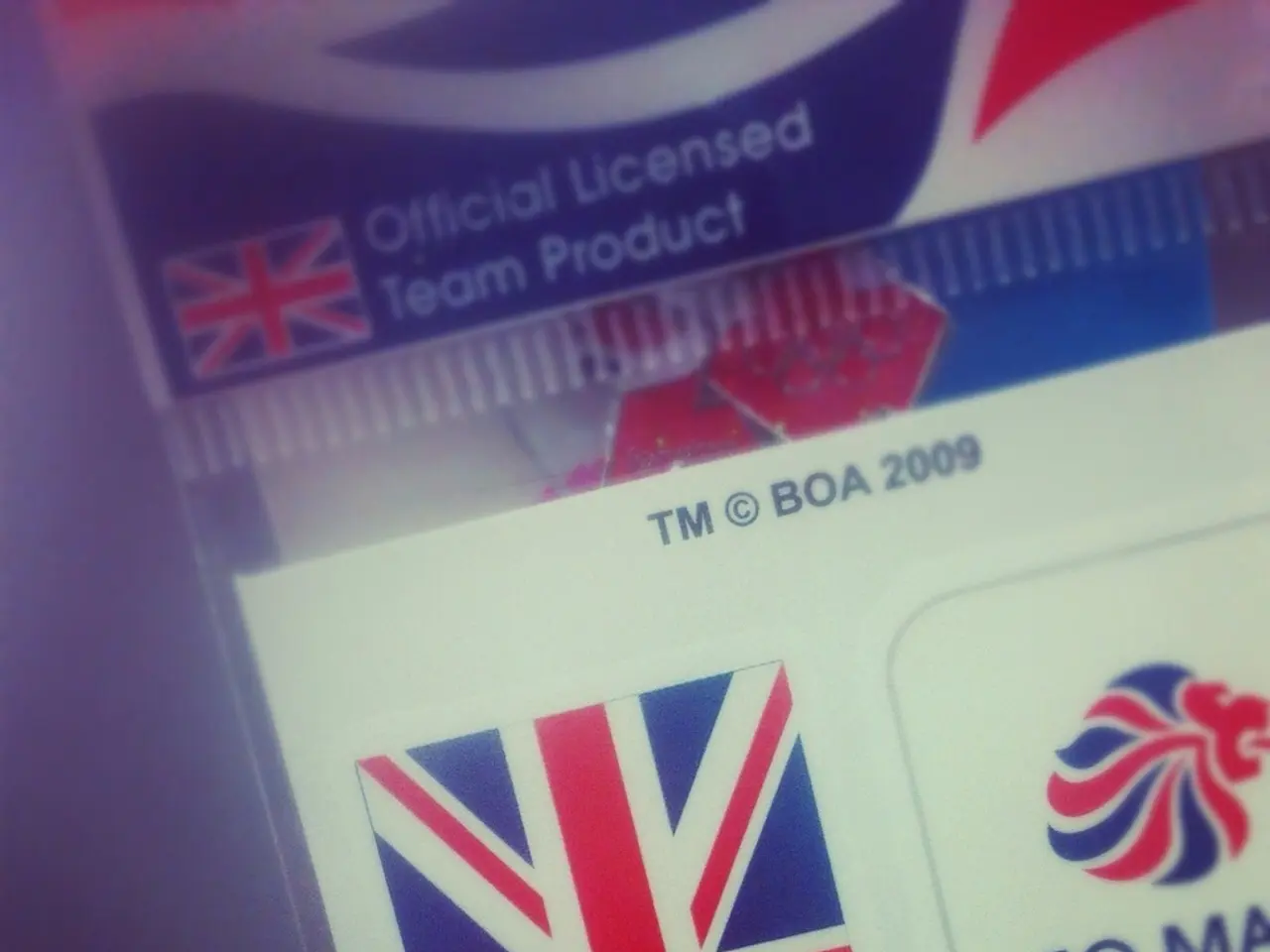Data privacy evolution on either side of the Atlantic Ocean
In the rapidly evolving tech landscape, businesses and individuals alike are grappling with the changing data protection regulations in both the US and Europe.
The recent strike down of the Safe Harbour agreement, which facilitated the transfer of data from EU countries to the US, marks a clear divergence in how the EU views data protection versus the US. Many EU countries believe that individuals do not have enough protection and government oversight has grown too big. This shift could have significant implications for tech companies, particularly smaller, data-heavy ones, as they navigate this uncertain environment.
The EU's approach to data protection is not homogenous. While the UK's Investigatory Powers Bill seeks to restrict data encryption and increase government access to personal data, aligning more with the US approach, larger tech companies such as Google and Facebook are less affected due to their existing data storage infrastructure in Europe.
The EU's new data protection directive, while aiming to uphold protections, contains ambiguous phrases such as 'legitimate interest', which undermines some of its intended protections. This ambiguity adds to the complexity businesses face in complying with these new regulations.
In the US, the Cybersecurity Information Sharing Act (CISA) makes it easier for private companies to share data with the government, putting pressure on tech companies to offer more private information to security agencies. This could have far-reaching consequences, potentially leading to a chilling effect on the tech industry, making it difficult for start-ups to scale globally.
The US government's move to force Microsoft to provide access to data held outside the country in the "Microsoft Ireland case" could further distance the US from Europe's approach to data protection.
The end of net neutrality in the EU, potentially leading to a two-speed internet, could handicap start-ups, further complicating the operating environment for smaller tech companies.
Amidst these changes, it's crucial for businesses to better protect the information they hold and work within an ethical framework that restricts the opportunity for data to be misused. Individuals too need to take more responsibility for the information they share online, as their data could be spread across seven different US government departments under CISA.
Governments should better apply the principle of an individual's right to a private life to the online world. The balance has shifted too far in favor of government oversight in the name of security, and this needs to be addressed.
A replacement for Safe Harbour is likely to be created, and its impact on businesses, particularly smaller data-heavy companies, is expected to be significant. Investment in data storage infrastructure and legal advice may increase for businesses due to the changing data protection landscape.
In conclusion, the shifting landscape of data protection in both the US and Europe presents challenges for tech companies and individuals alike. It's essential for businesses to adapt to these changes, invest in data protection, and operate ethically. Individuals, too, must be more mindful of the information they share online to protect their privacy in this increasingly connected world.
Read also:
- Understanding Hemorrhagic Gastroenteritis: Key Facts
- Stopping Osteoporosis Treatment: Timeline Considerations
- Trump's Policies: Tariffs, AI, Surveillance, and Possible Martial Law
- Expanded Community Health Involvement by CK Birla Hospitals, Jaipur, Maintained Through Consistent Outreach Programs Across Rajasthan







